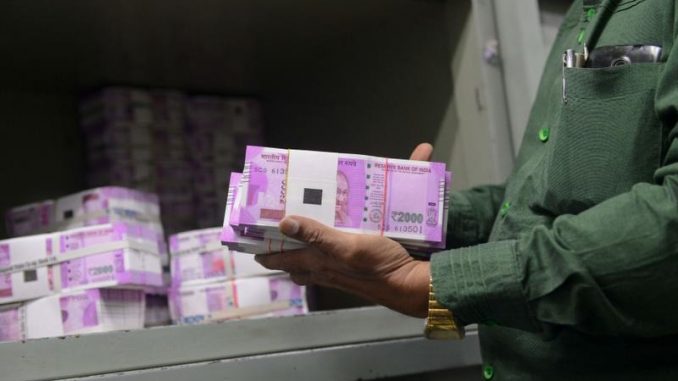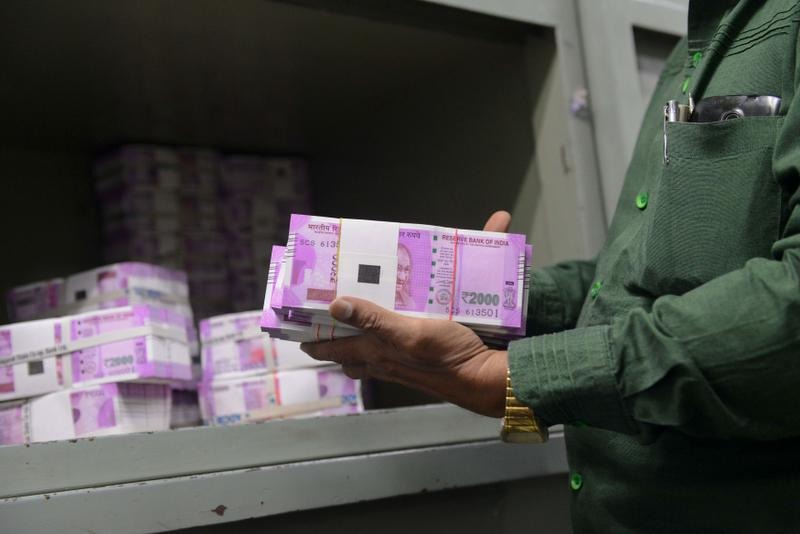
The Indian Government has silently glided in a swadeshi move though liberalizing the foreign direct investment or FDI rules by directing the overseas auditors that they will have to take on joint audit if an international investor insists on audit by any global firm or its Indian affiliate.
This will mark a main shift in India’s FDI rule, which was previously silent on this matter, and thus gave rise to a situation where the shareholders’ agreement between a foreign investor and its Indian partner was confined to a clause that specified audit by four major MNCs such as KPMG, Ernst & Young, Deloitte and PricewaterhouseCoopers or any Indian firms that are part of their network.

This clause has now been inserted to prevent this kind of a procedure and the belief is that one global firm will not agree to a joint audit with the international rival and this will open the doors for separate Indian firms, which have been grumpy of being left out. Presently, the foreign firms control a majority of the audit work for the enlisted entities as well as for major Indian companies, which causes a lot of heartburn.
It is a fact that a group of Indian chartered accountants had petitioned with the government to insist on the joint audit for all companies and had also pitched for an amendment to the Companies Act. An expert committee headed by former finance secretary Ashok Chawla has rejected the offer as it was seen to be adding extra costs but also recommended ways to strengthen Indian firms and work towards the progress of some large Indian companies. S Santhanakrishnan, an expert on corporate governance and law said that is a indeed a very good move from a corporate governance point of view and this move will help the Indian firms
